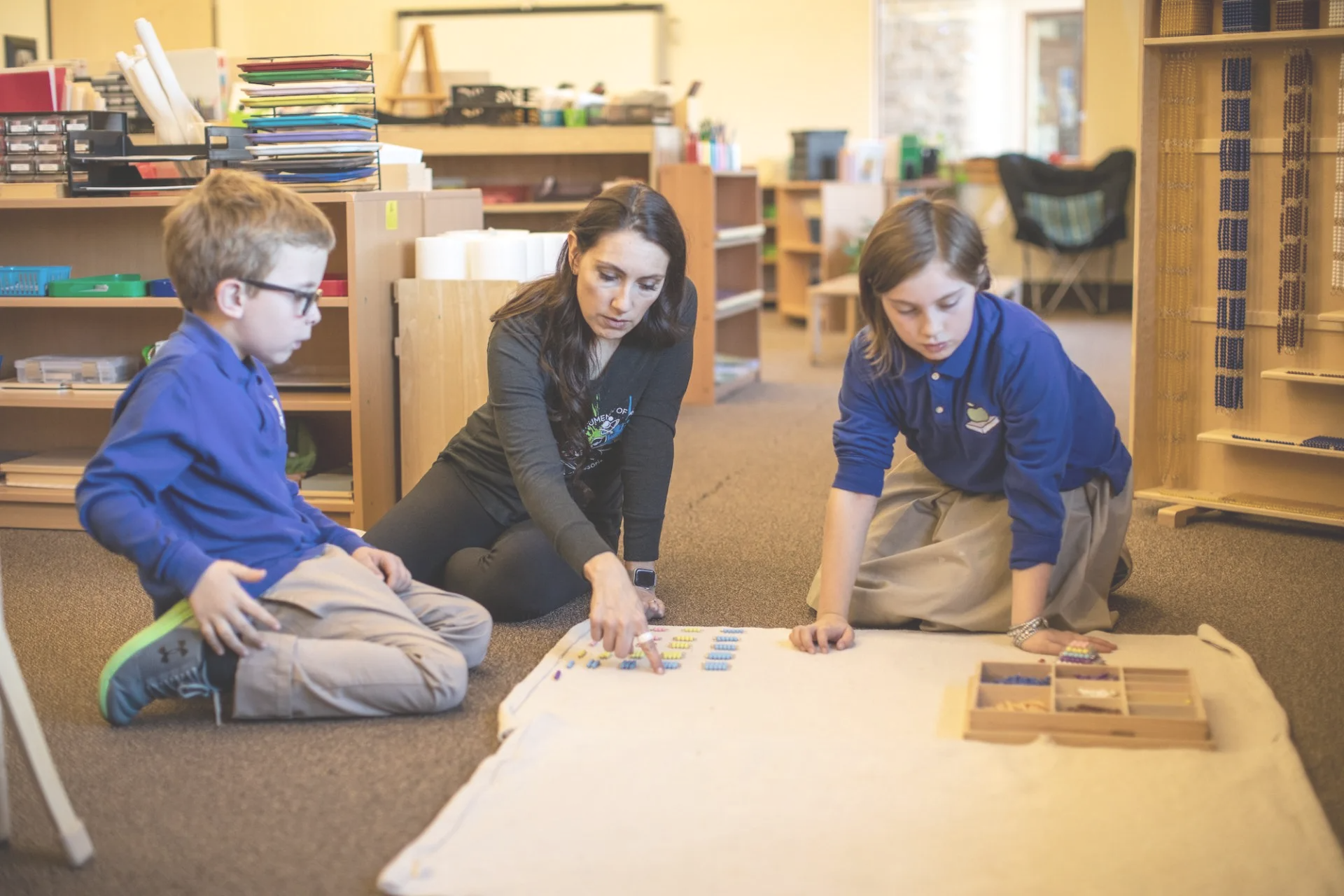Raising Bilingual Children Part I

Twin Parks Montessori Schools has many bilingual and trilingual families. As part of our Coffee Chat series, Dr. Anne Colantuoni and I did a presentation on Raising Bilingual Children. We both had an interest and enjoyed researching the topic. This blog post will be one of two in a series to give more information. First I wanted to present some facts gathered from research.
- Bilingualism is a process, not a product. To be totally bilingual takes 9 years
- Each child is different in their ability to learn multiple languages, some take longer
- Home language is spoken in the home since birth (and before)
- You have to be a talker to teach a language
- The child’s dominate language is the one they play in and self-talk in
- Bilingualism happens naturally when the community is bilingual
- 1st language before the age of 1, not necessarily spoken in the home
- Must have a personal connection – TV and iPad programs are not as successful as person to person
- The third or additional languages should be introduced between 4 and 7 years of age
- they will not develop either well
- Make sure they are strong in 2 languages before adding a third
- The dominate language can change over time depending on circumstances
- Children are not sponges. After 1 year of not hearing a second language, they become language learners just like the rest of us
- Under 6 years of age, children do not complain about a second language
- Around 6 years of age, children may complain about the extra work
- Children migrate to the language of their school setting
- Learning another language is very positive for cognitive, linguistics, educational and social development
- Bilingual and trilingual children demonstrate more empathy in social situations
- Multilingual children can find meaning in other languages and other cultures
- Reading books that are print-rich in a second language, while asking questions and making predictions increases children’s capacity to learn
- The quality of their home language will help develop a second language in school
- Never stop using home language at home – if you drop home language at home when they go to school
- If there is a different alphabet system like Russian or Chinese it takes longer to read and write
- Teachers need to know about the languages spoken at home

